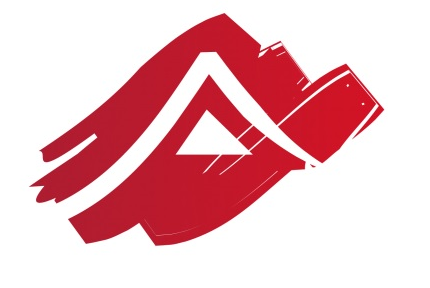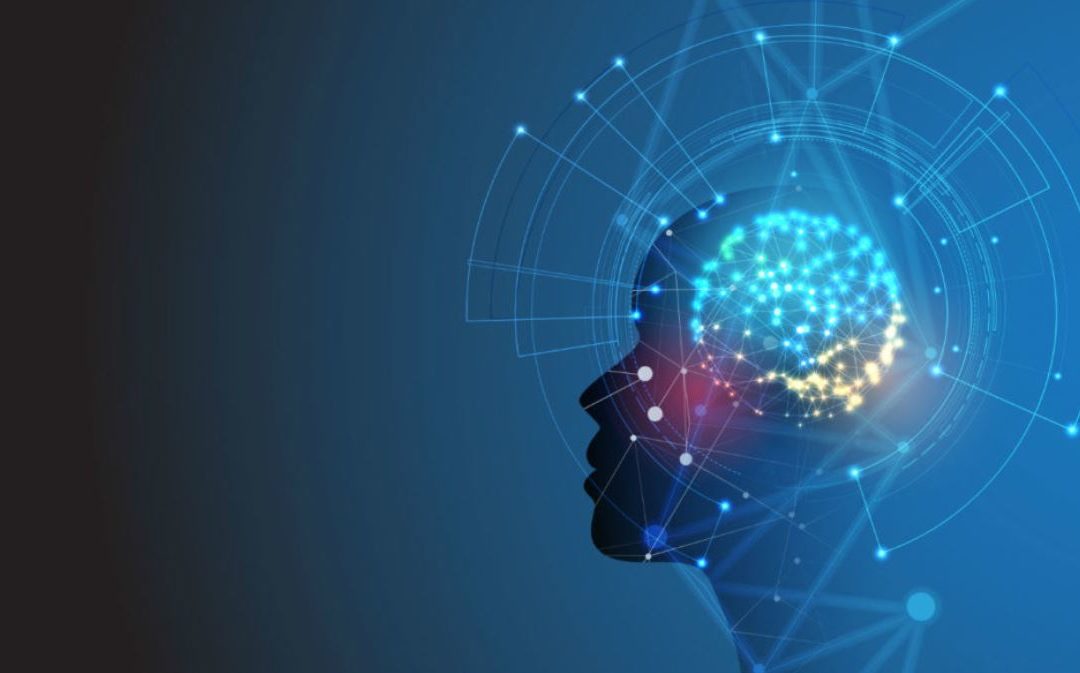The current trend of Artificial Intelligence (AI) implementation as part of the digital transformation in the Human Resource (HR) processes has increased the scope of what traditional HR can do. Its practices can be seen as a new way to increase opportunities, streamline recruiting choices and predict performance, accompanied with human approach and awareness of the technological limitations. The main challenges which AI is expected to solve for the recruiters are expanding the search horizons and saving time by reducing the repetitive tasks. Since many of the HR tasks are done manually, AI finds great potential to optimize the talent acquisition, management and retention. In the following article, we focus on Talent Acquisition.
Hiring is initially a search problem. “Which candidate is the best fit for the company?” is a core question that Hiring Managers are asking. With the help of AI, the HR team is now able to increase its efficiency and effectiveness by enlarging its candidate outreach, CV filtering, stimulating candidates’ engagement and much more. AI is giving the opportunity to model candidates’ profiles and compare them to a pool of candidates, which can be later transformed into decisional information and activated in the recruitment process. The social mission of HR innovation is to streamline the job market by facilitating the meeting of supply and demand.
Currently on the market, we can find various solutions from more pragmatic ones with real utility, especially in the automation of the first stages in the recruitment process to more advanced solutions such as the automatic evaluation of candidates based on the analysis of their video interview. Based on a research from DeloitteInsights (2019), some of the capabilities AI is offering include a software which can recognize faces and identify gender, listen to voices and identify mood, decode video interviews to identify education level, lying, and cognitive ability. These analytic tools help us to select candidates, identify employees’ career mobility and assist managers on improving their leadership skills. The potential continues by using AI to create chatbots that can interact with job candidates, identify and score video interviews and understand the sentiment of candidates’ engagement. Every major human capital management software provider is now implementing algorithms, making it important for organizations to maintain accurate data and carefully review these tools for correctness and potential biases.
As more organizations rush to embrace these technologies, the marketplace for such AI tools is rapidly growing. Companies such as Microsoft, Facebook, L’Oréal, IBM are heavily investing in this area. Moreover, the HR-tech startups internationally and especially on the French market claiming the use of AI are numerous.Based on our research, there are some tech startups that brought big contributions to this topic. The Paris-based startup Riminder by offering tools (e.g. Cvbot) is able to collect candidates’ data from various social platforms, is making the sourcing wider and centralized in terms of candidate’s profiles. After the data collection, the software is also able to filter the candidates and provide the best match for the required position. Another example is the startup Chance, a semi-virtual headhunter, that uses AI to find non-executive talent with combing human assistance and computer-based training, used to decrease the gap between vacancies and candidates. Goshaba is also a French startup offering smart screening and visual representation of candidates, with the goal of finding the best candidate profile internally or externally.
Interesting example to observe is the case with the robot-recruiter Vera from the Russian company Stafory used by some well-known companies. Vera is supposed to conduct telephone and Skype interviews with candidates, analyze their responses and emotions, then dismiss or retain them. These services from the virtual agent Vera proved successful in companies such as Ikea and Pepsico, especially for volume positions and contributed to decrease the cost of the recruitment process. However, for some other major companies this case did not prove equally successful.
The innovation continues with the Dutch-based startup Seedlink, which has developed AI technology that can predict behavior of people based on the use of their natural language. It is still a fairly unique assessment technology based on computational linguistics. By building artificial neural networks they are able to gain deep insights into someone’s subconscious personality, with the goal of finding the best cultural and job fit between the candidates and companies.
Usually, solutions like these have a great potential for volume search positions, while the “hidden gems” are still mainly left for the human experts.
Besides the time-saving, AI can also help us to estimate the need of training the candidates, but it can definitely be harder to assess what is crucial for every recruiter – the candidate’s soft skills. According to SiecleDigital (2018), for 59% of the companies, “the automation of the re-entry of applications and the monitoring of responses” is the main motivation for digitizing recruitment. A figure that increases even more for companies with more than 250 employees. CareerBuilder indicates that 69% of HR believe that automating tasks makes it easier to standardize files and source better and faster, which gives recruiters more time to meet the candidates who will accompany the company’s competitivenessand performance.
Based on a research from Undercover Recruiter (2019), almost 80% of the recruiters believe the use of AI will improve productivity and performance of the HR process, while in reality only 14% of the companies are actually using it, leaving room for improvement in variety of HR tasks and processes.
Nevertheless, HR will always remain people-driven, making the automation and human touch mutually inclusive. In addition, this combination will allow recruiters and HR managers to focus mainly on the strategic work such as discovering top talents, providing more personalized interview experience and establishing training and mentoring programs for the candidates.
Pierre MAURIN Partner ALHAMBRA International
Sara MIHAJLOSKA Junior Consultant ALHAMBRA International



